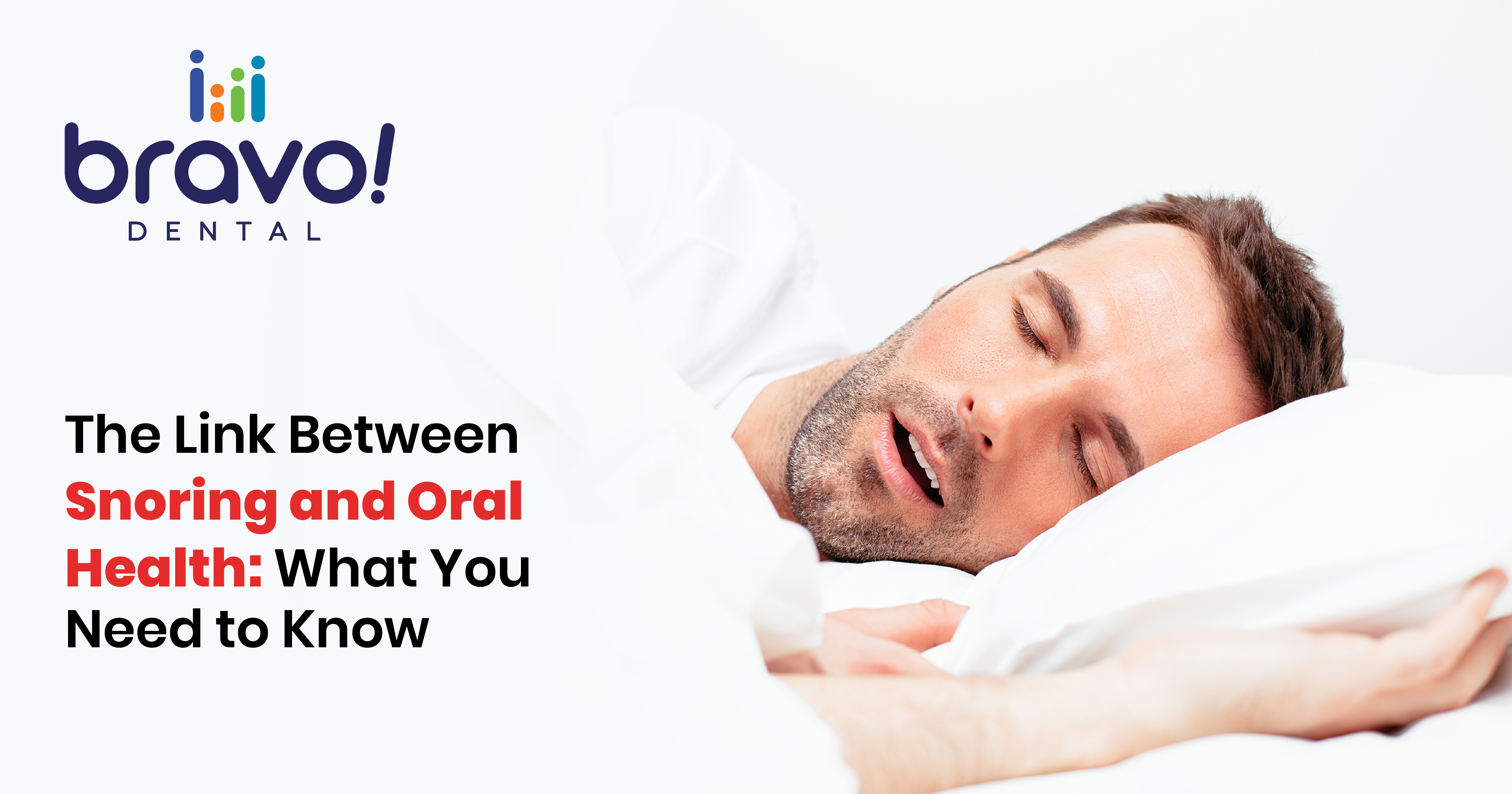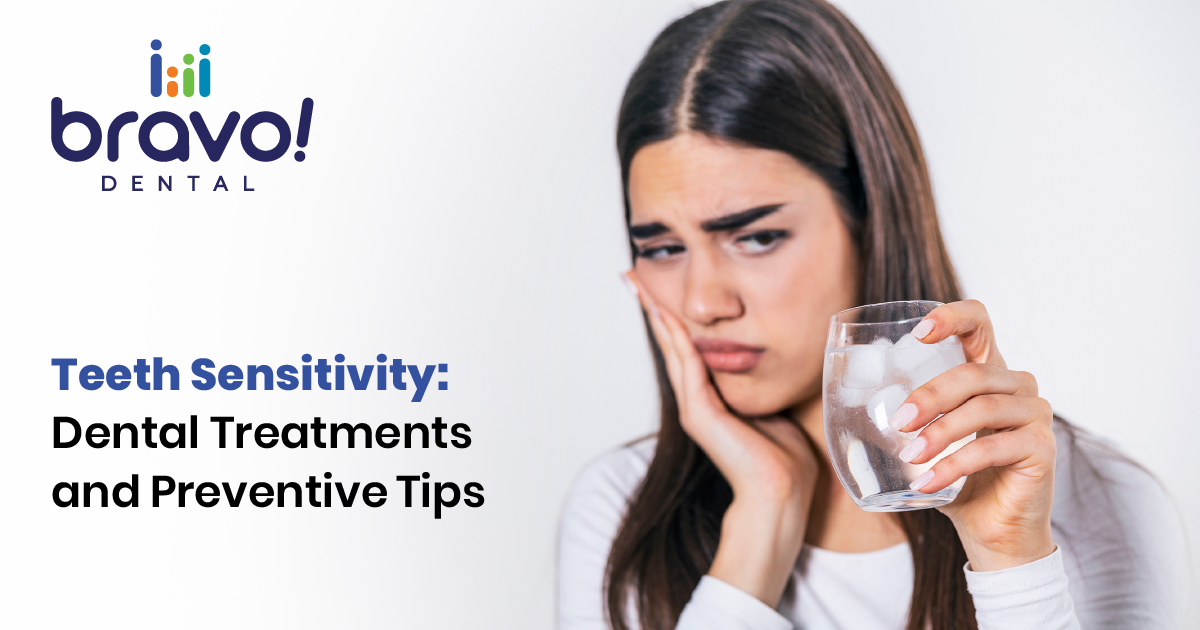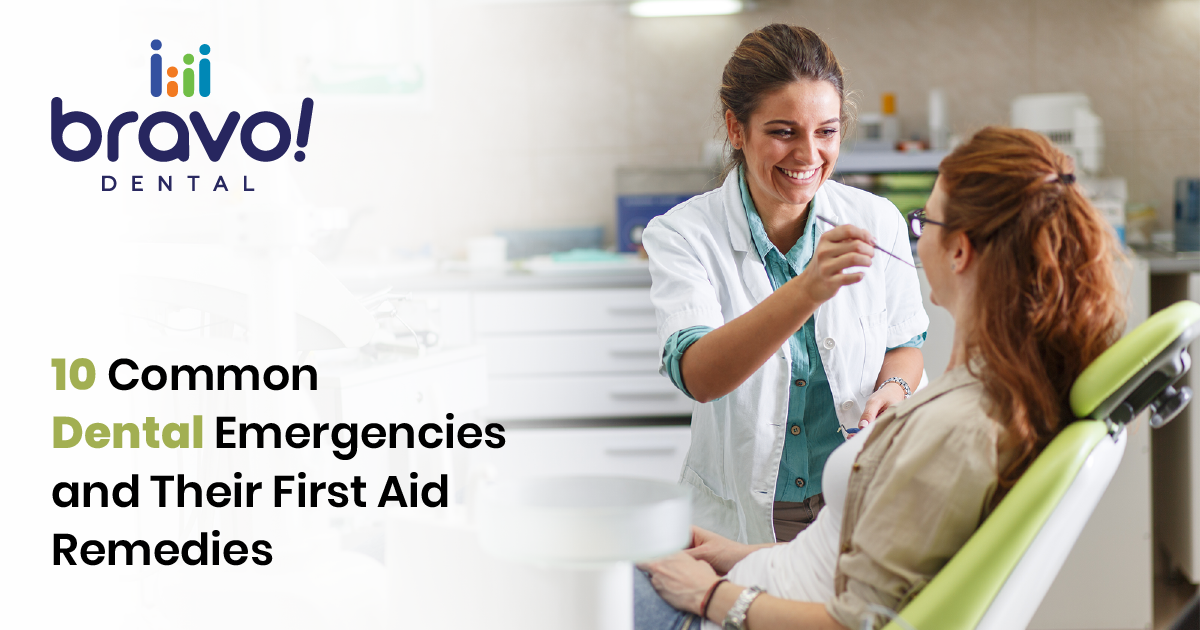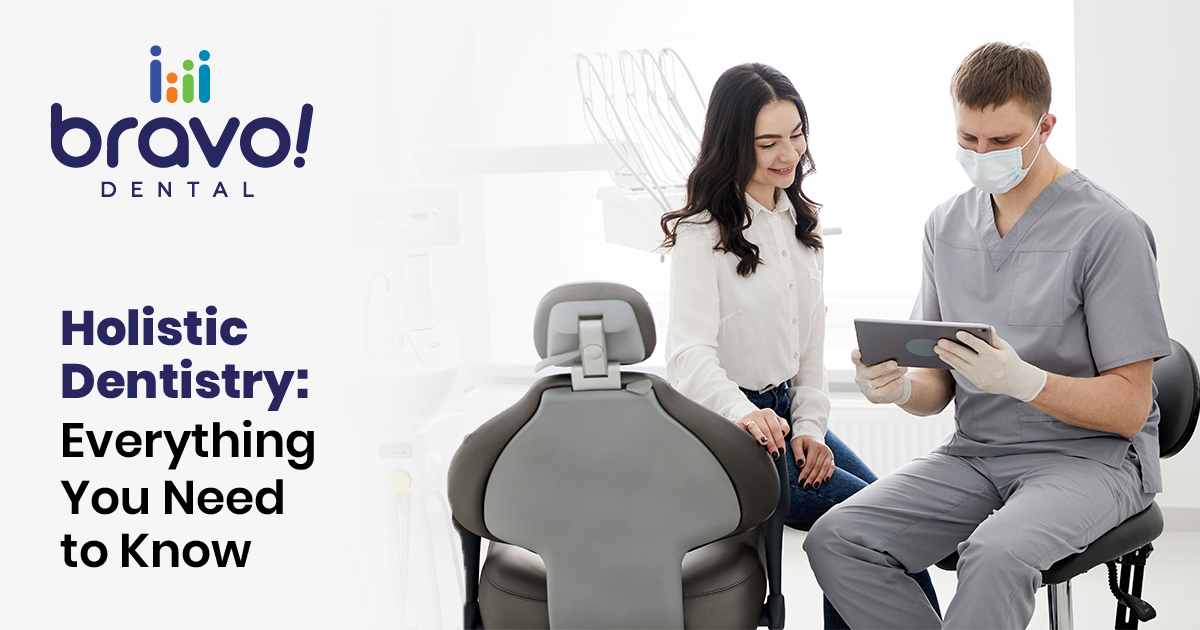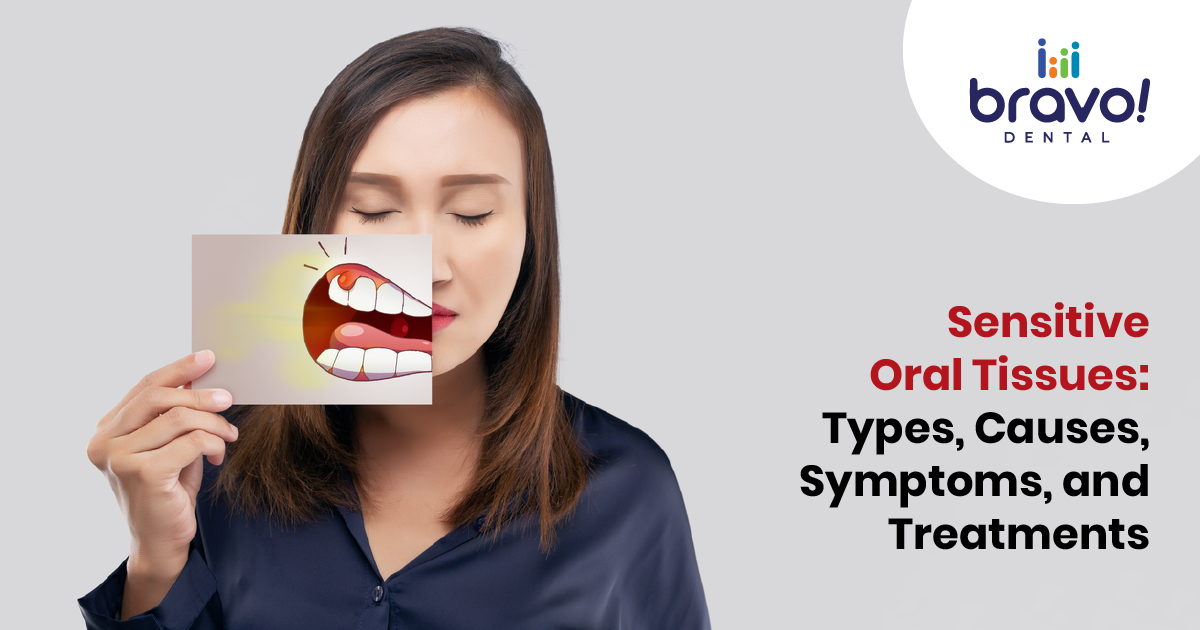
Oral tissues include every part within the oral cavity, which majorly adds the lips and the inner layer of the cheeks. Mouth sores (stomatitis) are the most common issues the oral cavity faces. These sores can form on your lips, cheeks, gums, tongue, and the floor and roof of your mouth, among other soft tissues. You can also have mouth sores on your esophagus, which is the tube that connects your mouth to your stomach.
Causes:
Mouth sores can be caused by irritation from the following sources:
- A sharp or damaged tooth, or dentures that don’t fit well
- Biting your tongue, cheek, or lip
- Experiencing tongue burns as a result of hot foods or beverages
- Misplaced Braces
- Tobacco chewing
Types of sores:
Cold sore: Cold sores are also known as fever blisters. They’re quite contagious. Tenderness, tingling, or burning are common symptoms before a sore emerges. Cold sores typically start as blisters and subsequently crust over. A herpes virus that causes this can live for years in your body. It only manifests as a mouth sore when something causes it, such as a fever, hormonal fluctuations, or a sunburn.
Canker sores: They aren’t highly contagious. They can resemble a pale or yellow ulcer with a crimson ring around it. You might have one or several of them. Women appear to get them at a higher rate than men. Canker sores have an unknown source. It could be caused by a weakened immune system, stress, or a deficiency in vitamins and minerals.
Symptoms:
Depending on the mouth sore you have, the symptoms will differ. The lesions will usually produce redness, discomfort, and inflammation. You may also encounter:
- Feelings of tingling or burning.
- Eating is a challenge (especially spicy or salty foods).
- Blistering.
- Bleeding.
- Ulceration.
- Dysphagia – a condition that affects people’s ability to swallow food.
Treatments:
A visual examination can diagnose the majority of mouth sores. If your disease is severe, your healthcare professional may prescribe a blood test or a biopsy. Based on how you have been affected, your dentist would treat you as follows,
Allergy: If an allergic reaction causes the problem, the doctor will figure out the allergy and how to get rid of it.
Infection: Depending on the type of infection, stomatitis may necessitate specific therapy and drugs.
Nutritional deficiency: A doctor can diagnose and treat dietary deficiencies using medicines or nutritional changes.
Topical therapies applied directly to the skin have been reported to help reduce discomfort and speed up the healing process. The following are examples of topical treatments:
Topical corticosteroids: These are often used as a rinse and are intended to relieve symptoms to eat, drink, and speak without pain or discomfort.
Topical antibiotics: Anti-inflammatory and antibacterial qualities are found in topical antibiotics, usually in a gel or a rinse.
Topical anesthetics: They are numbing drugs that patients can apply directly to sores for short pain relief. They are usually available via prescription.
Although most mouth sores are harmless, they can be rather uncomfortable. Fortunately, some therapies can help alleviate the pain. If you’re experiencing any strange symptoms or your mouth sores haven’t healed in three weeks, schedule an appointment with us today at Bravo Dental. Our experts can assist in excluding any significant health concerns and detecting any problems early on.
happy to hear from you, contact us
Fill out the contact form below and Feel free to send any question or query.
